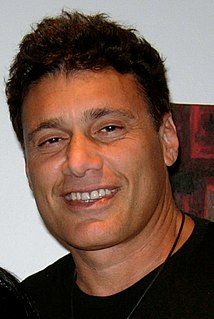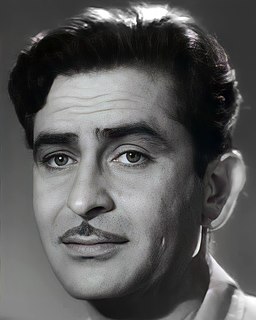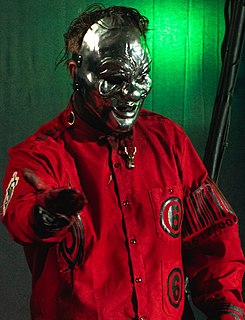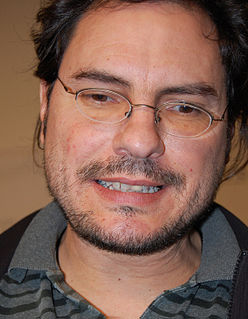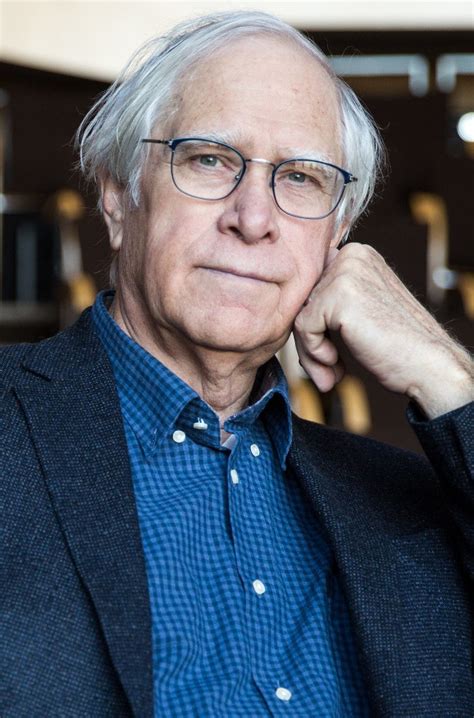A Quote by Sanjay Leela Bhansali
Related Quotes
I'm not a big fan of violent movies, it's not something I like to watch. And it's not my aim or goal to make a violent movie. My characters are very important, so when I'm trying to depict a certain character in my movie, if my character is violent, it will be expressed that way in the film. You cannot really deny what a character is about. To repeat, my movie end up becoming violent, but I don't start with the intent of making violent movies.
When you begin to suggest that dissent, opposition, resistance, the only way to deal with it is not to listen to it and to engage in dialog with it, but basically to label it as anarchy and to repress it with the most violent, in the most violent means possible. I mean, that's essentially an element of neofascism. That's not about democracy.
When I was writing the script, I knew didn't want to make a sports movie. I was very clear that I wanted to make a sibling rivalry story. So when I was writing the script, the football was getting in the way of the drama. One day, I saw Michael Haneke's Funny Games, which is probably the most violent film I've ever seen - but the violence is off camera. When I finished watching the film, I said, 'Hey, that's what I have to do.' Haneke gave me this solution.
Love is also a very violent thing. Totally violent. Suddenly, you are, like, at this party your friends invite you to, and you meet this person, and your life is turned upside down, and the next day you can't stop thinking about them. That's violent. Hopefully, it's for the better, but it's a violent thing.
Even though I don't have any larger spiritual or ideological system, there is some logic in concert with a huge number of beautiful, disconcerting, screwed-up variables that results in a certain visual pleasure in violent things. Like a broken egg yolk can be the most violent thing I've seen all day, if I'm in the right mood. But also tons of trash in the woods or a burned-up trailer park can also come across as especially violent.
I cannot believe that violence depicted onscreen actually causes people to act out violently. That's oversimplifying the issue. If somebody commits a violent act after seeing violence in a movie, I think the question that needs to be asked is: would that person still have committed the act if he had not seen a violent film?

